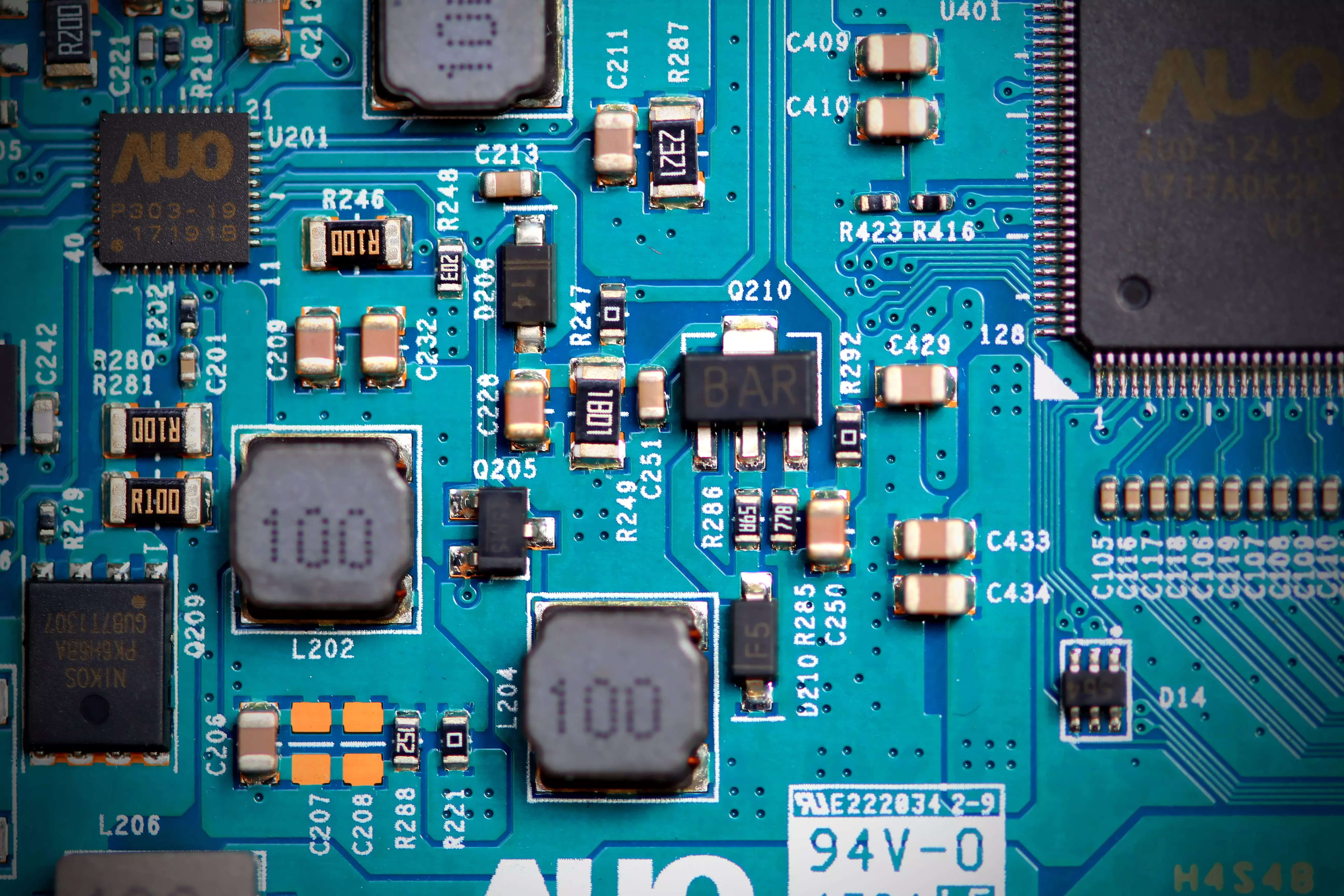Germanium: Explained: What are Gallium and Germanium, how China’s restrictions could impact tech companies – Times of India
What are Gallium and Germanium
Gallium is a soft, silvery metal that is relatively low-melting, melting just above room temperature. Gallium is an essential element in the production of gallium arsenide (GaAs) semiconductors. GaAs is used in high-frequency devices like microwave amplifiers, solar cells, and LEDs (light-emitting diodes). Gallium is also used in power electronics, radio frequency (RF) amplifiers, and LED lighting, offering superior efficiency and power capabilities compared to traditional silicon-based devices.
Germanium is used for the transmission of infrared light, making it valuable in infrared optics and lenses for thermal imaging cameras and night vision devices. Germanium is also used as a dopant in the core of optical fibres to improve their light-carrying capabilities in fibre optic communication systems.
While both gallium and germanium have significant applications in the tech industry, gallium, especially in the form of gallium arsenide, has a more prominent role in the semiconductor industry for high-frequency and power devices.
Why China is restricting export of these metals?
China’s commerce ministry said that from August 1, exporters will need a license to ship these metals and some of their compounds. Exporters will have to identify the importers and the end users of these metals. Apart from that, they will also have to inform how these metals will be used and only then a license will be issued. China remains the biggest exporter of these two metals in the world and the tech companies across the world depend on them for a lot of processing of materials.
How tech companies will be impacted?
The move from China is also being seen as a warning shot to other countries. In the last few years, trade wars have escalated between the US and China. A lot of Chinese companies aren’t allowed to sell or export products to the US. Huawei, which was a name to reckon with in consumer electronics, has been hurt massively because of the US ban.
Furthermore, the US has been mulling a ban on exporting chips — made by Nvidia — that are critical in training language models for generative AI. Chinese companies have been betting big on AI and if the US puts a ban, then it will certainly impact them.
If China puts full restrictions on export of these metals, then the US tech companies that rely heavily on the semiconductor industry will also be affected.
function loadGtagEvents(isGoogleCampaignActive) { if (!isGoogleCampaignActive) { return; } var id = document.getElementById('toi-plus-google-campaign'); if (id) { return; } (function(f, b, e, v, n, t, s) { t = b.createElement(e); t.async = !0; t.defer = !0; t.src = v; t.id = 'toi-plus-google-campaign'; s = b.getElementsByTagName(e)[0]; s.parentNode.insertBefore(t, s); })(f, b, e, 'https://www.googletagmanager.com/gtag/js?id=AW-877820074', n, t, s); };
window.TimesApps = window.TimesApps || {}; var TimesApps = window.TimesApps; TimesApps.toiPlusEvents = function(config) { var isConfigAvailable = "toiplus_site_settings" in f && "isFBCampaignActive" in f.toiplus_site_settings && "isGoogleCampaignActive" in f.toiplus_site_settings; var isPrimeUser = window.isPrime; if (isConfigAvailable && !isPrimeUser) { loadGtagEvents(f.toiplus_site_settings.isGoogleCampaignActive); loadFBEvents(f.toiplus_site_settings.isFBCampaignActive); } else { var JarvisUrl="https://jarvis.indiatimes.com/v1/feeds/toi_plus/site_settings/643526e21443833f0c454615?db_env=published"; window.getFromClient(JarvisUrl, function(config){ if (config) { loadGtagEvents(config?.isGoogleCampaignActive); loadFBEvents(config?.isFBCampaignActive); } }) } }; })( window, document, 'script', );
For all the latest Technology News Click Here
For the latest news and updates, follow us on Google News.


